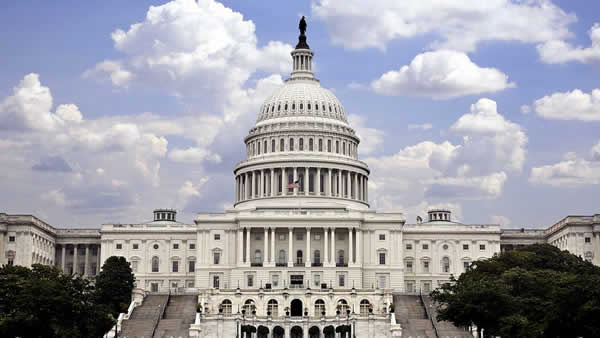The US Supreme Court is in the middle of a case with New Jersey tied to sports betting. If New Jersey wins, the Professional and Amateur Sports Protection Act (PASPA), which is the federal ban on sports betting applicable to 46 states, will be repealed. Congress has yet to take any action towards legalizing sports gambling in the US, but they may be forced to step into the ring given SCOTUS’ decision.
This is not the first time SCOTUS could force the hand of Congress. In 1983, California law enforcement shut down the Cabazon Card Room, a tribal run card room offering poker, bingo and other games. The Cabazon Band of Mission Indians filed a federal lawsuit on the grounds that the state had no right to apply their own laws to an Indian reservation. The tribe won the case and the US Court of Appeals for the Ninth Circuit upheld the ruling, leaving California no choice but to file with the Supreme Court. SCOTUS upheld the ruling.
Instead of letting Indian tribes have an unrestricted gambling market, Congress swiftly passed the Indian Gaming Regulatory Act. This introduced a legal framework for tribe gambling. Congress’ reasoning for passing the law was that the current laws did not adequately address tribal gambling, so this new doctrine would do just that.
How does this apply to New Jersey? If SCOTUS rules in favor of NJ, PASPA will likely be stricken down. This would mean Congress would move to pass a new law establishing a federal regulatory scheme. In the event of New Jersey only getting a partial-repeal and PASPA staying intact otherwise, states may choose to lift all prohibitions on the gambling market, creating a sort of Wild West style environment. This would be a move to circumvent PASPA and get the attention of Congress. In this scenario, Congress would be forced to step in in order to control the market and keep things from getting out of hand. Lastly, if New Jersey loses and PASPA remains wholly intact, there are roughly 20 other states willing to put SCOTUS and the government through the same appeals process to determine their individual right to hose legal sports betting. Congress would have to pass something to address all concerned parties.
So, no matter which way the SCOTUS case goes, Congress will need to step in a direction. It could turn out for the better of the sports gambling industry, but it could also go towards the worse. The former seems more probable given the shifting climate regarding sports betting, but only time will tell. Perhaps a viable route could be reversing the Federal Wire Act and introducing US based legal online sports betting options, but again, we must wait and see what happens with New Jersey.

